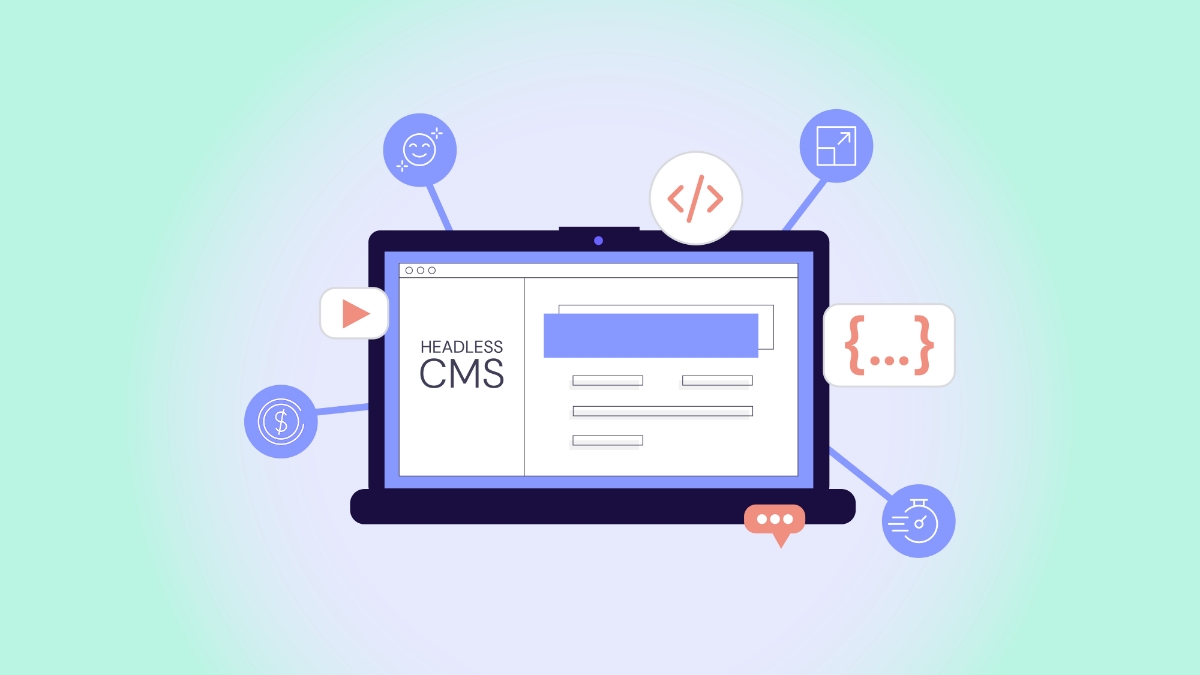We can beat around the bush all we want coming up with various reasons why users are bouncing from your site, but the truth is, the single biggest factor contributing to users leaving is slow load times, and the scary thing is, ‘slow load times’ are not even that slow.
Many of us will remember the days of dialup. We may have had a little bit more patience back then, firstly waiting for the internet to connect and then waiting for basic web pages to load – literally line by line – and the more data heavy they were, the slower they were to load. Well, things have definitely moved on since then, but the premise is the same, no one wants to wait for your 4k video or oversized image to load, they want to get to the content they’re seeking FAST.
Questions to ask yourself:
- When was the last time you checked your page load speeds?
- How long does it take for your web pages to load?
If you can’t remember the last time you reviewed your page load speeds or your key web pages are taking over 3 seconds to load – this article is a must-read.
Research consistently shows that users expect fast-loading web pages, and delays of even a few seconds will significantly impact user satisfaction and retention. If a website is slow to load, users will without a doubt become impatient and leave before they even get a chance to engage with the content on your website. This makes speed the most important factor in maintaining user interest and reducing bounce rates.
Statistics you can’t ignore:
- 47% of users won’t wait longer than two seconds for a website to load.
- Bounce rates increase by 123% if page load times take more than one second.
- 1 in 4 visitors will abandon a website that takes more than 4 seconds to load.
- A one-second delay reduces customer satisfaction by 16%.
- The probability of bounce increases to 32% as page load time goes from 1 second to 3 seconds.
- An ecommerce site that loads within a second converts 2.5x more visitors than a site that loads in 5 seconds.
- Web pages load 70.9% slower on mobile devices than on desktops.
10 Reasons Why Your Web Pages Load Slowly
#1: Large File Sizes
Reason why: High-resolution images and large files can drastically increase page load times due to their size.
How to fix this:
- Resize Images: Use appropriate dimensions for images to avoid loading larger files than necessary.
- Compress Images: Use tools like TinyPNG or ImageOptim to reduce file size without compromising quality.
- Use Correct Formats: Choose the right format (JPEG for photos, PNG for images with transparency, SVG for vectors).
#2: Lack of Caching
Reason why: Without proper caching, browsers must re-download resources on each visit, increasing load times.
How to fix this:
- Browser Caching: Configure your server to instruct browsers to cache files for a certain period.
- Content Delivery Network (CDN): Use a CDN to store copies of your files on servers around the world, reducing latency for users far from your main server.
#3: Unoptimised Code
Reason why: Un-minified code includes unnecessary characters, increasing file sizes and load times.
How to fix this:
- Minify Code: Remove unnecessary characters (like whitespace) from your CSS, JavaScript, and HTML files to reduce their size.
#4: Slow Server Performance
Reason why: A slow or overloaded server can delay the response time, impacting page load speed.
How to fix this:
- Use a Fast Hosting Provider: Choose a reliable and fast web hosting provider.
- Upgrade Server Resources: Ensure your server has adequate resources (CPU, RAM) to handle traffic.
#5: Excessive Redirects
Reason why: Each redirect creates additional HTTP requests, which can slow down page load times.
How to fix this:
- Minimise Redirects: Avoid unnecessary redirects to reduce additional HTTP requests and improve load times.
#6: Blocking JavaScript and CSS
Reason why: JavaScript and CSS that block rendering can delay the display of page content.
How to fix this:
- Defer JavaScript: Use the defer or async attribute on script tags to load JavaScript files asynchronously.
- Load CSS First: Ensure CSS is loaded before JavaScript to prevent render-blocking issues.
#7: Unoptimised Web Fonts
Reason why: Loading too many fonts or font styles can increase load times and impact performance.
How to fix this:
- Limit Font Weights and Styles: Only load the font weights and styles that are used on your site.
- Use Font Display Property: Implement font-display: swap; in your CSS to control how fonts are rendered during load.
#8: High Number of HTTP Requests
Reason why: Each HTTP request for images, scripts, or stylesheets adds to the overall load time.
How to fix this:
- Combine Files: Merge multiple CSS and JavaScript files into a single file to reduce the number of HTTP requests.
- Use Image Sprites: Combine multiple images into a single image sprite to minimise image requests.
#9: Inefficient Database Queries
Reason why: Slow or unoptimised database queries can delay the retrieval of dynamic content, affecting page load speed.
How to fix this:
- Index Databases: Ensure your database is properly indexed to improve query processing speed.
- Optimise Queries: Write efficient queries to reduce server load and speed up data retrieval.
#10: Lack of Lazy Loading
Reason why: Loading all images and videos upfront can increase initial page load time.
How to fix:
- Lazy Load Images and Videos: Implement lazy loading to load images and videos only when they are about to enter the viewport.
Conclusion
As we’ve explored, slow load times are the single biggest reason users leave your website, often before they even get a chance to engage with your content. But the good news is, page speed is actually pretty easy to fix. By addressing these ten common factors contributing to slow load times—from large file sizes to inefficient database queries—you can significantly enhance user experience, reduce bounce rates, and ultimately improve your website’s performance.
Discover how your website measures up with Google Page Speed Insights which reports on mobile and desktop performance.
Are slow page speeds affecting your bottom line?
If you're ready to tackle your site speed challenges but aren't sure where to start, we’re here to help. Greenhat has a unique blend of technical acumen and strategic insight to help you get the most out of your website.








